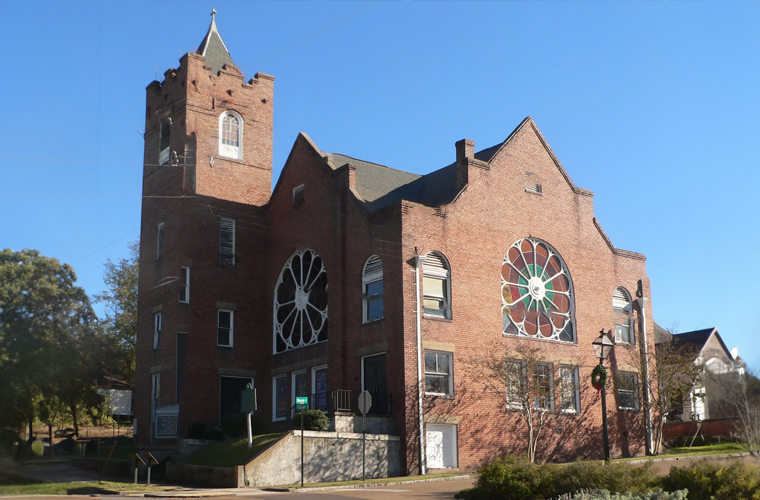Bethel African Methodist Episcopal Church holds a significant place in the history of Mississippi as the first African Methodist Episcopal (A.M.E.) church in the state. Established in 1864, the church has played a pivotal role in the religious, social, and cultural life of the local community. Its founding and subsequent impact serve as a testament to the resilience, faith, and determination of its members in the face of adversity. The establishment of Bethel A.M.E. Church in 1864 occurred during a tumultuous period in American history. The Civil War was ongoing, and the country was grappling with the abolition of slavery and the struggle for civil rights. Against this backdrop, the founding of Bethel A.M.E. Church represented a beacon of hope and empowerment for the African American community in Mississippi.
The church’s founding members faced numerous challenges, including institutionalized racism and limited resources. Despite these obstacles, they persevered and established a place of worship that provided spiritual nourishment, community support, and a platform for social activism. The church became a center for organizing efforts aimed at addressing issues such as education, voting rights, and economic empowerment within the African American community. Throughout its history, Bethel A.M.E. Church has been a steadfast advocate for social justice and equality. Its members have been at the forefront of civil rights movements, working tirelessly to combat discrimination and promote inclusivity. The church has served as a gathering place for leaders, activists, and community members to strategize and mobilize for positive change.
In addition to its advocacy work, Bethel A.M.E. Church has been a hub for cultural expression and preservation. Through music, art, and storytelling, the church has celebrated the rich heritage of African American culture and contributed to the preservation of traditions that might otherwise have been lost to history. The physical structure of Bethel A.M.E. Church also holds historical significance. The architectural style and design of the building reflect the era in which it was constructed and stand as a reminder of the enduring legacy of the church within the community.
Over the years, Bethel A.M.E. Church has adapted to the evolving needs of its congregation while remaining true to its core values. It continues to serve as a place of worship, a community center, and a catalyst for positive change. Through its various programs and initiatives, the church remains committed to addressing contemporary challenges while honoring its rich heritage. As the first African Methodist Episcopal church in Mississippi, Bethel A.M.E. Church occupies a unique place in the state’s history. Its founding and enduring legacy symbolize the strength and resilience of the African American community in Mississippi and stand as a testament to the power of faith, unity, and perseverance in the face of adversity.
In conclusion, Bethel African Methodist Episcopal Church stands as a testament to the enduring spirit of its founders and members. Its establishment in 1864 marked a pivotal moment in Mississippi’s history, and its legacy continues to inspire and uplift the community. From its role in advocating for civil rights to its contributions to preserving African American culture, Bethel A.M.E. Church remains a cornerstone of faith, resilience, and progress.

